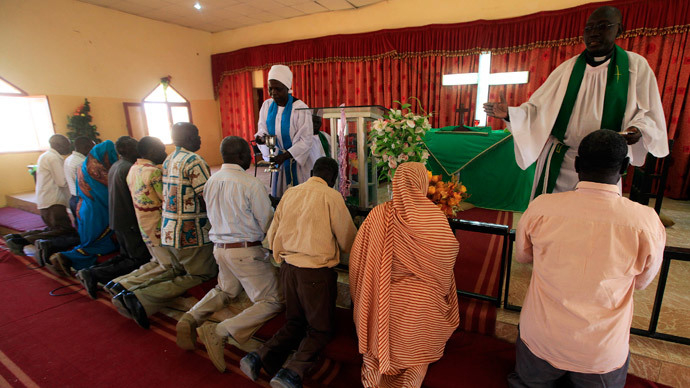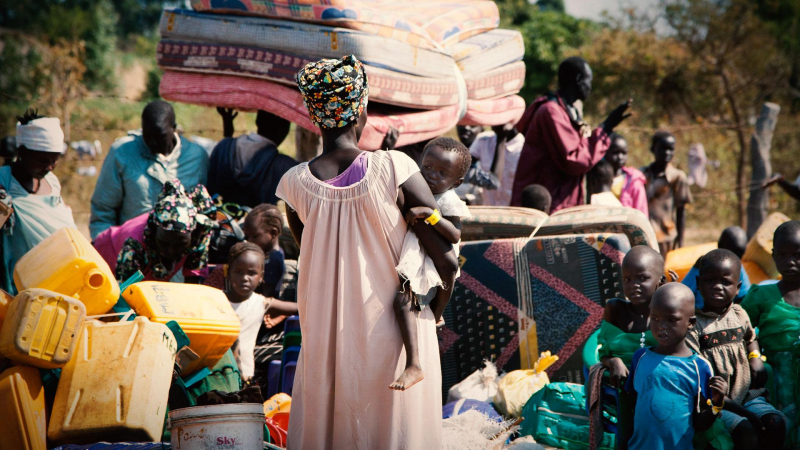Religion
There is no recognized religion in South Sudan, and it is impossible to quantify the number of adherents to the various religions. The majority of South Sudanese people practice Christianity, though it is frequently mixed with other traditional cultural customs.
Most people attend Catholic and Anglican churches. Additional rural residents adhere to traditional African animist beliefs. Small Muslim communities exist in South Sudan, most of whom reside in cities. Compared to Sudanese in the North, they frequently practice a less strict form of Islam.
In South Sudan, talk of religion is typically common and open. Both young and old people are frequently quite involved in their religions. The majority of people find the concept of atheism or agnosticism strange. Locals in South Sudan frequently mistakenly believe that white immigrants are Christians before realizing that they may not be.
Christians and animists have traditionally gotten along well and with respect for one another. Many South Sudanese combine elements of their tribe's ancient rituals with Christianity, despite the fact that ancestor and spirit worship has historically been discouraged. People might find proselytizing Islam objectionable, nevertheless, given the hostility between South Sudanese Muslims and those of (North) Sudan.
Depending on their tribal or ethnic origin, some South Sudanese are more amenable to conversion than others. For instance, some South Sudanese from Nilotic tribes (such the Dinka, Nuer, and Shilluk) are less open to converting to Islam. They frequently have exceptionally strong tribal customs and institutions, which makes them more resistant to outside influence. Furthermore, a broad mistrust of foreign ideologies and systems remains from their past experiences with slavery and colonialism.












